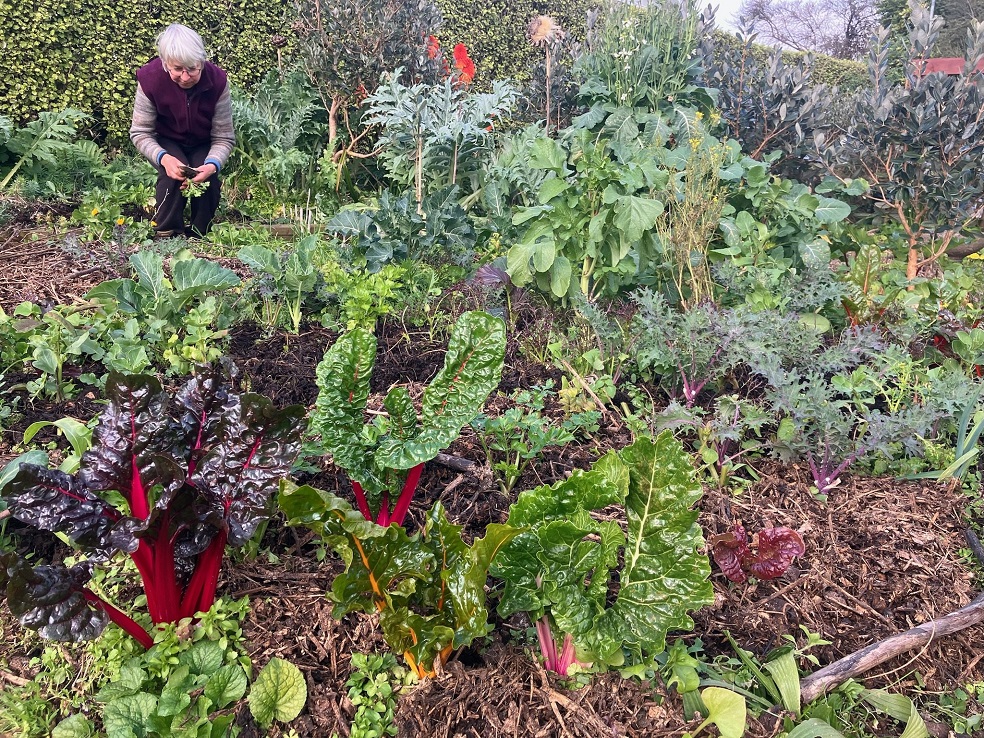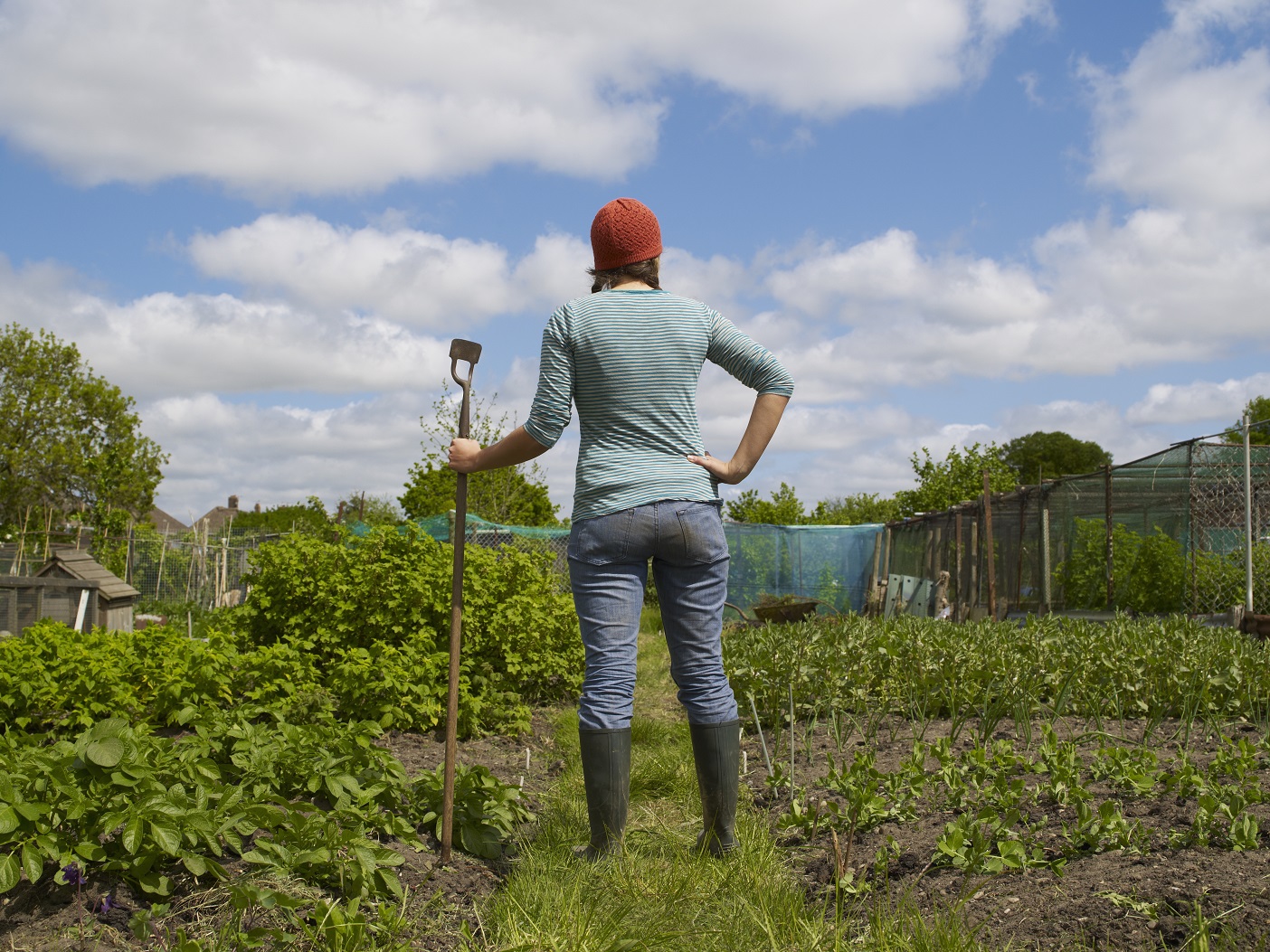
The impact of excessive consumption of resources, and how to take local action is the aim of Dunedin’s Senior Climate Action Network (Scan).
The group works to increase awareness of the climate crisis and find ways to emphasise what people can do to help themselves and the planet, rather than expecting governments to tackle the issues.
Scan member Sue Novelle said the group’s approach aimed to reduce excess consumption and build resilience, particularly through local food production, to help people tackle the cost-of-living crisis.
"A great way to combat climate anxiety is to get stuck in and do something, and that helps you to feel less helpless," she said.
Ms Novelle takes local action herself, in several ways, from maintaining a "bee garden" at home, to being on the committee of the Dunedin Vegetable Growers Club and Our Food Network.
She is also helping with re-establishing the Musselburgh Community Garden.
Passionate about composting, she is keen to highlight its benefits for the health of the home and community garden.
"All too often, people ship leaves and clippings off to landfill, but that green waste should really be staying on the property," she said.
"Composting is a great way to return those nutrients to the soil, which in turn helps to grow local food."
Recently, Scan has launched in-depth resources on its website — seniorsclimateactionnetwork.org — which offers advice on issues of sustainability, many of them researched by Scan member Dr Ivan Johnstone.
Dr Johnstone said through the group’s website, it offered practical advice.
"From maintaining a common sense budget, to how we can build our resilience and share our surplus to benefit the whole community."
Organisations that operated food banks, such as Presbyterian Support and the Salvation Army, were always grateful for fresh produce.
Sharing surplus crops was also a great way to build food resilience and foster relationships.
"Also, people who have gardens and are unable to use them to grow food, perhaps due to age or disability, there may be younger people in the neighbourhood who would like to grow a garden and could share the produce," Dr Johnstone said.
Scan members also believe that better use could be made of council land — such as planting roadside berms with low bushes, wildflowers and native grasses — which would help support bee populations.
"We can grow a lot of food in Dunedin: we just need to think about making better use of our land," Dr Johnstone said.
The Seniors Climate Action Network is hosting a free public screening of documentary The Economics Of Happiness.
This film, by connecting the dots between climate chaos, economics and personal suffering, advocates for localisation.
- Documentary screening:
The Economics Of Happiness
Monday, noon.
Fourth floor, Dunedin Public Library.
Followed by afternoon tea discussion, from 1.15pm-2pm.
For more information, visit seniorsclimateactionnetwork.org/current-event.html
IDEAS FOR GROWING LOCAL FOOD RESILIENCE
- By retaining all plant waste on properties and composting to build healthy soils.
- By growing more food, seedlings/cuttings than we can give to neighbours, pataka kai and some of the many community support services, who welcome fresh food.
- By helping a family member/neighbour/friend to grow a food garden.
- By giving the local school a hand with growing food with the children.
- By planting food and shelter for insects and birds.
- By lending a garden or piece of land to others to grow food on.
- By renting land or an allotment to grow food on.
- By supporting local growers and farmers markets.
- By eating more plant-based food from root to stem (reduce food waste) and less meat and dairy.
- By joining local community gardens or joining Dunedin Vegetable Growers Club.
- By paying forward surplus income to various support services of choice.















